Over the course of the 1950s, Yiannis Tzivanis sang some of the best rebetiko of that era, his rich voice well suited to both the older, heavier zeibekiko songs and the newly-emerging, more Westernized laiko.
He was born in 1924 in Bursa in Asia Minor, and his family resettled in New Ionia, a suburb of Athens established primarily for Asia Minor refugees. He came from no musical traditional and trained as a shoemaker, but Tzivanis loved to sing. The taught himself to play bouzouki and abandoned shoe-making for performing.
Discogs.com credits him with only eight recordings during the 1950s, all of them with other singers. That wasn’t the extent of his output though: there are more recordings of his at YouTube, although I haven’t counted how many.
Tzivanis’s voice was particularly suited to female singing stars such as Rena Stamou, Yiota Lydia and Ioanna Georgakopoulou, whether he was first or second voice. While a lot of the music through the 1950s tended to lighter song and songs with exotic influences (Arabic, Indian film music, etc.), his recordings seemed to favour the heaviness of earlier rebetiko.
The Prisoner, written by Giannis Papaioannou in 1952, is such a song: heavy and serious. The lyrics speak of a time in Greece when those with left-wing views were being exiled from the capital. From the lyrics:
I returned from Hades and I still do not believe,
that I was a dead man for years and now I come to life,
for so many years I was lost and unjustly imprisoned.
Tzivanis, who retired in 1960 to devote himself his family, recorded this song with Rena Dallia and Papaioannou.

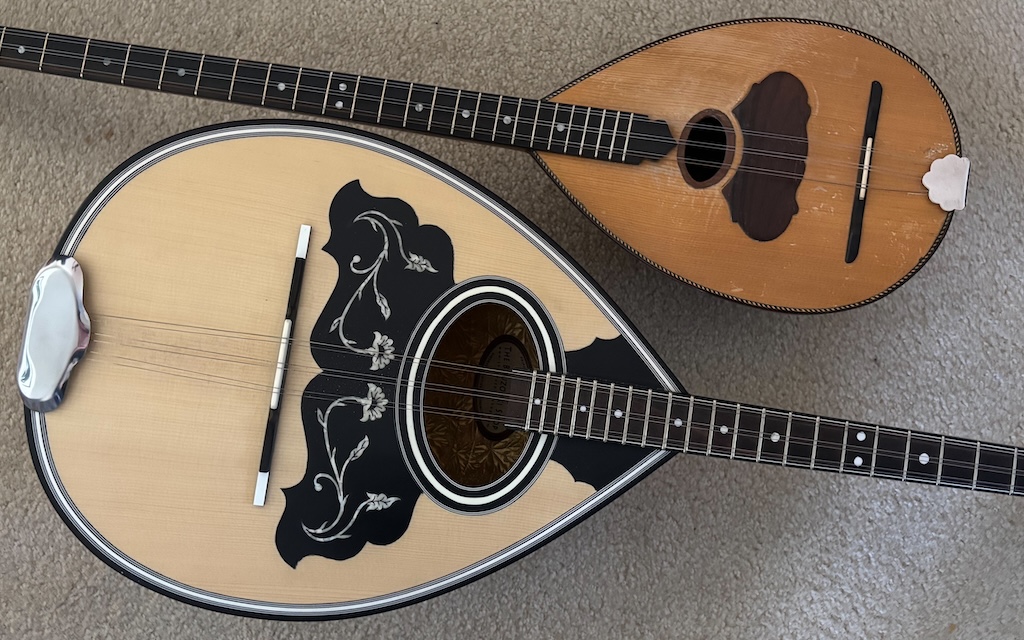
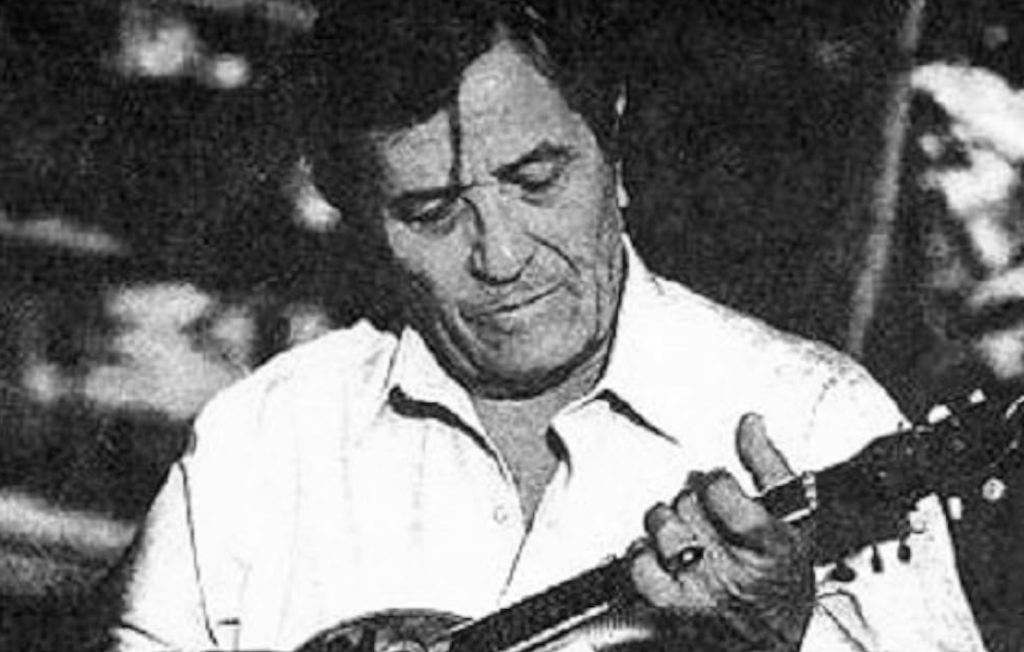

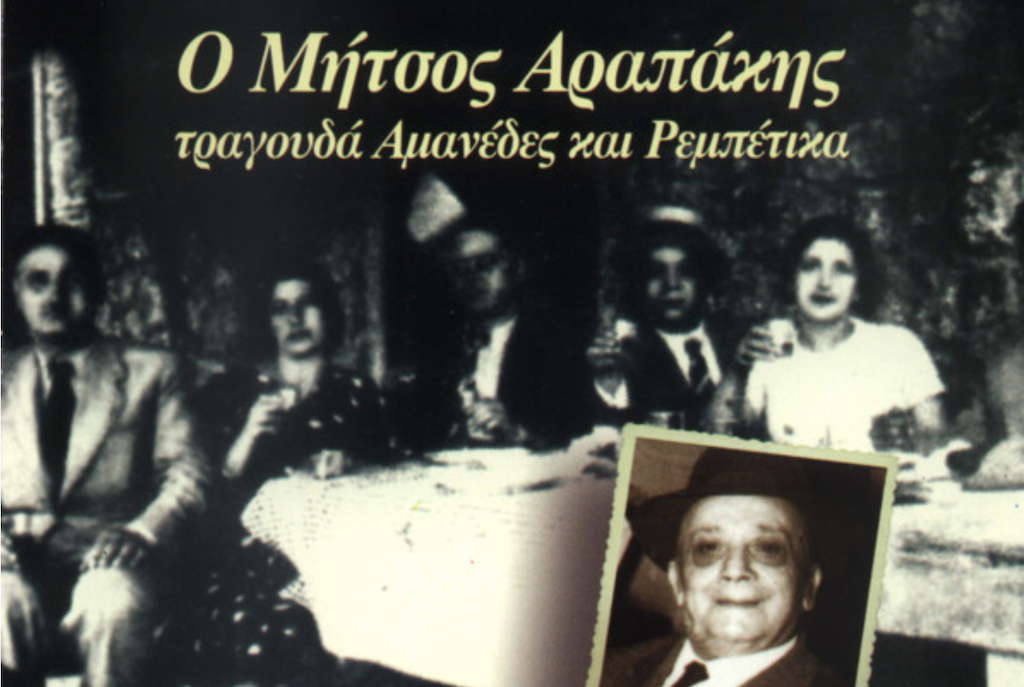
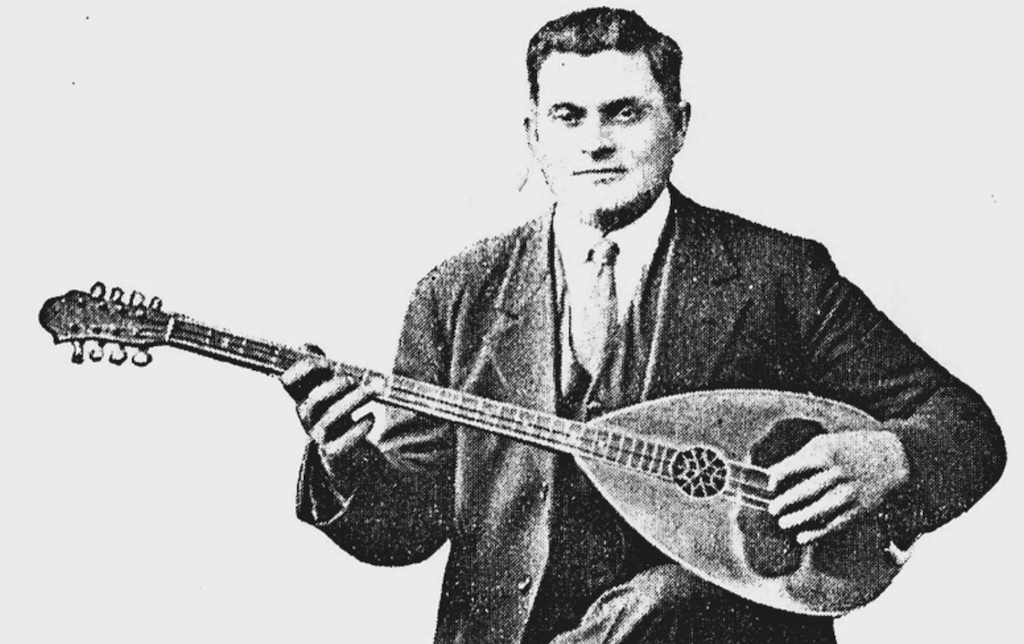

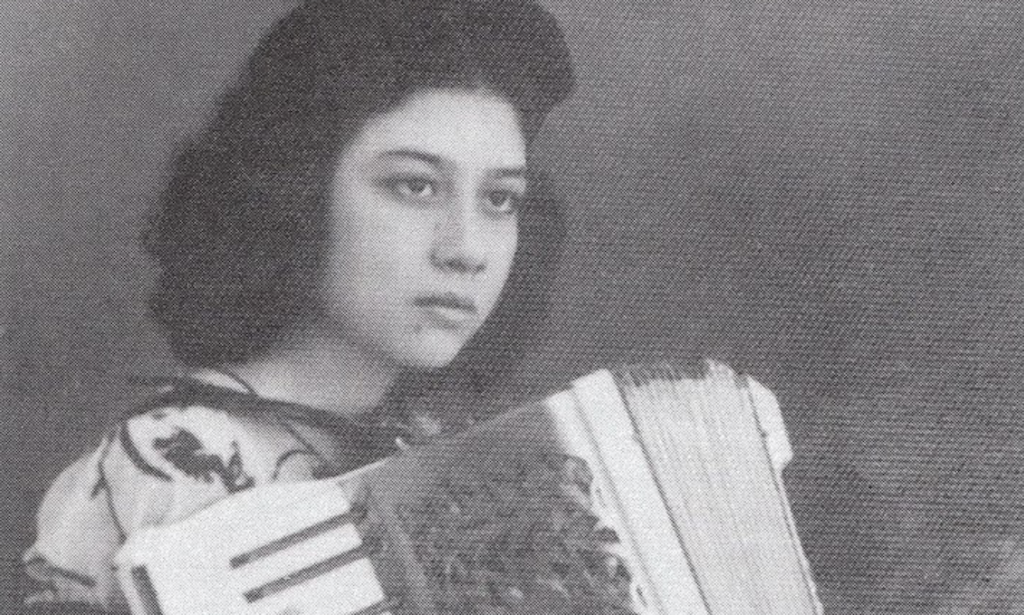
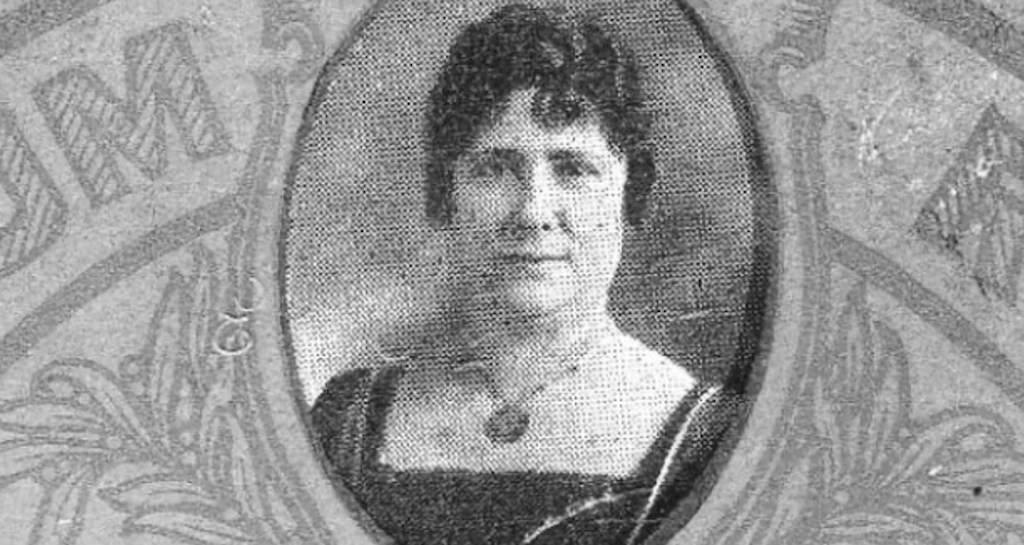


Leave a Reply